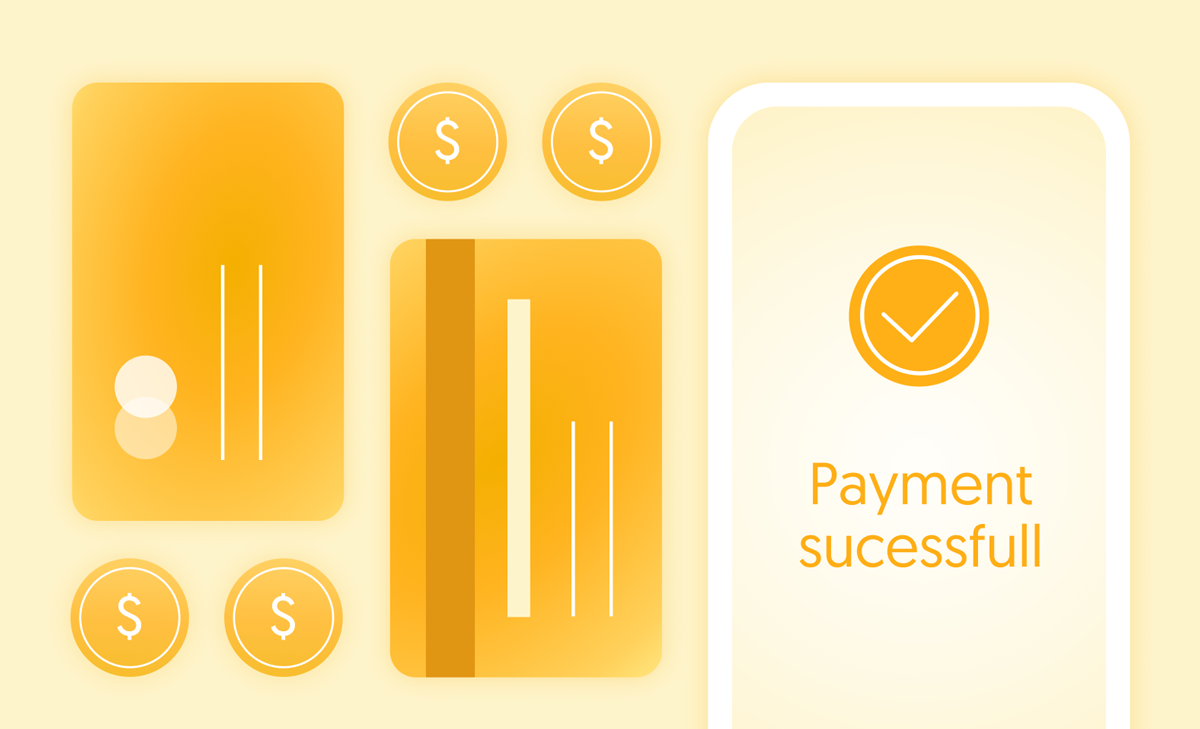Brazil has been living a payment revolution since the implementation of Pix, and there is more to come with Open Finance.
It is not new to say that the coronavirus pandemic has accelerated financial inclusion and digital access in Brazil and the world.
The sudden need to access important services digitally, including the national government’s emergency aid, contributed to this trend. But, in Brazil, it got even more powerful after the launch of Pix: an instant payment system that, in a year of existence, surpassed credit card payments in the country.
The numbers in digital inclusion are also significant: it is estimated that digital financial services grew 122% among families with an income of less than R$ 787,35 (0,75 of the minimum wage) per person.
These numbers show that Brazil is no stranger to the worldwide transformation of digital payments: real-time transactions, from account to account, with no in-betweens. In months to come, the progress of Pix adoption will likely pair up with Open Finance regulation, which is going through its last phases of implementation in the country.
Discover some of the main opportunities that these models bring for consumers, financial institutions, and companies in the current landscape, as well as perspectives for the future.
The Pix revolution
Many Brazilians may see the instant payment system as a simpler way of transferring money to friends and family, or as another way to make purchases online. But Pix can also translate into more efficiency for businesses, financial inclusion for millions, and a step up in safety and user experience compared to other common payment options, like cash or even credit cards.
“Credit card payments take too long to be compensated, and are subject to a huge amount of fraud”, says Jeronimo Llacay, Product Manager at Belvo.
“Through Pix, in addition to immediate compensation and less friction during the process, the fact that users have to authenticate their data with a bank lowers the risk of fraud”
Jeronimo Llacay, Belvo
In addition to these benefits, Brazilians have greater expectations for the future of Pix with the new solutions that are being studied by Bacen, Brazil’s Central Bank, such as direct debit, payment in installments, and even international transactions.
Pix and Open Finance
The evolution of Open Finance promises an even easier Pix experience.
Currently, when users want to purchase with Pix in e-commerce platforms, for example, they need to copy a code generated by the store, switch windows or tabs to enter their bank app, log in with their credentials, paste the Pix code, confirm the payment with a password and then return to the store environment.
Open Finance can reduce this journey: users may log in with their bank credentials without leaving the e-commerce or opening another app, confirm the payment, and be automatically redirected back to the original environment.
This is possible thanks to payment initiation. To offer this experience, companies have to either apply for a license to start payments with Bacen or partner with licensed providers. One of the major players already implementing this solution is WhatsApp, which partnered with card operator Cielo to allow financial transactions between users inside the app.
“Clients don’t want to pay, clients want to buy, to receive an item, to watch something on demand”, said Amazon Pay’s Leandro Franco during the Open Views 22 conference, organized by Belvo. “Today, users who have access to good credit cards have a good experience, now the point is how we can create good Pix experiences taking advantage of the benefits of the system. This is the gain that comes with payment initiation in Open Finance”.
The positive aspects of this combination can benefit all threads of the ecosystem, from improving payment experiences in general to increasing security.
The benefits of Pix for companies
For companies, the first major benefit of implementing Pix through Open Finance models relates to accounting and ERPs. Tasks that have to be done manually or through many different bank accounts –like paying rent, insurance, taxes, or managing employee salary and benefits–, will be available through a single platform, with many possibilities for automation.
This makes managing accounts easier, and can significantly decrease the chance of human error when inputting data.
“ERP providers usually work with many customers who have to pay different suppliers, bills, staff, and others, and this flow can be pretty clunky. With Open Finance and Pix, that flow can be made much better, without that much friction”
Jeronimo Llacay, Belvo
For store owners, this also means that those who opt for partnering with payment initiators can offer the easier e-commerce experiences of Pix to the final customer, who will go through a simpler and faster journey without having to leave the virtual storefront.
Less risk of fraud and simpler logistics
Another point of importance stands out in the payments scenario in Brazil: Open Finance can significantly decrease the risk of payment fraud.
Estimates in the country point out each fraudulent transaction costs the business owner 3,86 times the value of the lost purchase. And the amount of fraud attempts in e-commerce has grown 74% in 2021, in comparison to the previous year, according to a study by Mapa da Fraude, with a combined value of R$ 5,8 billion.
“People and companies are subject to different types of credit card fraud, and this generates huge costs to financial institutions and businesses”, explains Belvo’s Jeronimo Llacay.
With Pix, the need for banking authentication makes the transaction safer, and with fewer costs to banks and sellers, aside from the immediate liquidity for those on the receiving end.
Learn more about the current payments ecosystem in Brazil and expectations for the future in this panel from Open Views 22, the conference that brought together Open Finance players in Latin America (panel available in Portuguese).




